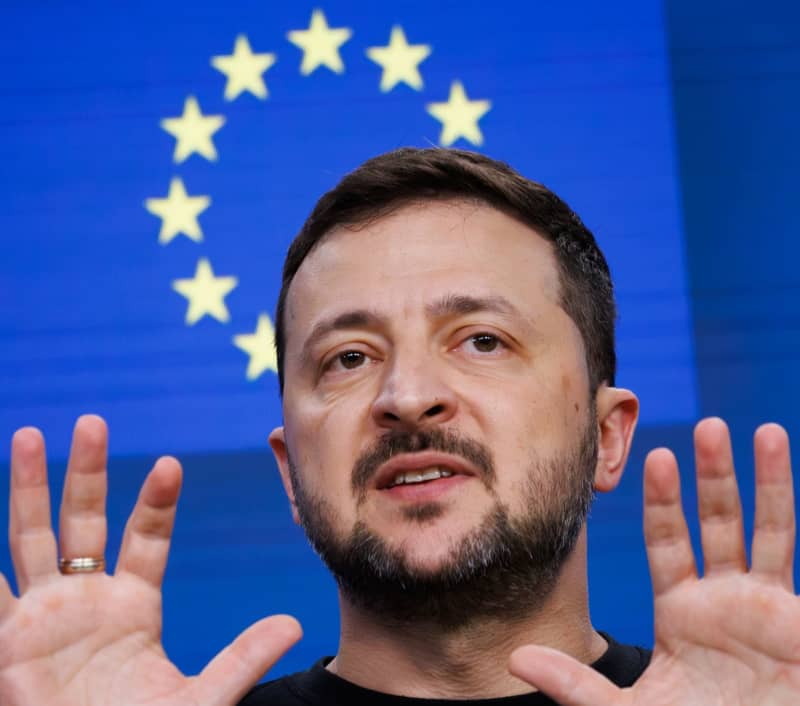On Saturday, Ukrainian President Volodymyr Zelensky urged the international community to respond decisively to the alarming increase in civilian casualties from ongoing conflicts in Ukraine, particularly amid the possibility of North Korean troops being stationed on Russian territory. This development has raised serious concerns about an escalated military engagement that could extend beyond Ukraine’s borders. In his evening video address, Zelensky warned that Ukraine could be compelled to confront North Korea in Europe, further complicating an already tense geopolitical landscape. He emphasized the need for an active response from Ukraine’s allies, arguing that Russia’s aggression, particularly under President Vladimir Putin, is spurred by the indecision of Western nations.
Zelensky has consistently voiced frustration with the lack of tangible support from Ukraine’s partners in the West, which he believes emboldens Russian leadership to pursue more aggressive military tactics. He pointed out that “abstractions and words are not enough,” insisting that the situation requires concrete actions rather than just rhetoric. This call to action comes as the war in Ukraine has entered its third year, with Ukraine striving to maintain its sovereignty and territorial integrity against Russian military incursions. The growing threat of North Korean involvement adds another layer of urgency to Zelensky’s appeals for decisive international engagement.
In light of these developments, President Zelensky presented what he describes as his “victory plan,” which outlines specific actions that he believes should be taken by Western allies to bolster Ukraine’s defense capabilities. Key components of this plan include an invitation for Ukraine to join NATO, which would significantly enhance its security posture, as well as increased financial and military support from Western nations to rearm and strengthen Ukraine’s military forces. Zelensky stressed that the time for waiting has passed and that Ukraine needs “stronger support” from its allies to counteract the persistent Russian threat effectively.
Over the course of the ongoing war, Ukraine has demonstrated remarkable resilience, managing to withstand a Russian invasion that has lasted more than two and a half years, largely thanks to the support it has received from Western countries. However, the recent surge in missile and drone attacks underscores the precarious situation on the ground. In the latest attacks on Friday night, tragic reports emerged of at least five civilians killed and more than two dozen injured as Russian forces targeted key urban areas, including the city of Dnipro and the capital, Kiev.
These attacks not only reflect the brutal realities of war but also illustrate the urgent necessity of international assistance to Ukraine. Zelensky’s comments highlight a growing consensus on the need for an intensified global response to the crisis, particularly in light of reports of international developments, such as the potential involvement of North Korean forces. The implications of such alliances could change the dynamics of the conflict, necessitating a reevaluation of strategic partnerships among Western nations.
In conclusion, the ongoing conflict in Ukraine, exacerbated by potential North Korean involvement, presents significant challenges for Ukraine and its allies. President Zelensky’s impassioned call for action serves as a reminder of the critical need for a unified and robust international response to safeguard democracy and human rights in the face of aggression. As the situation evolves, the responses from global powers will play a pivotal role in shaping the future of not just Ukraine but the security environment in Europe as a whole.

